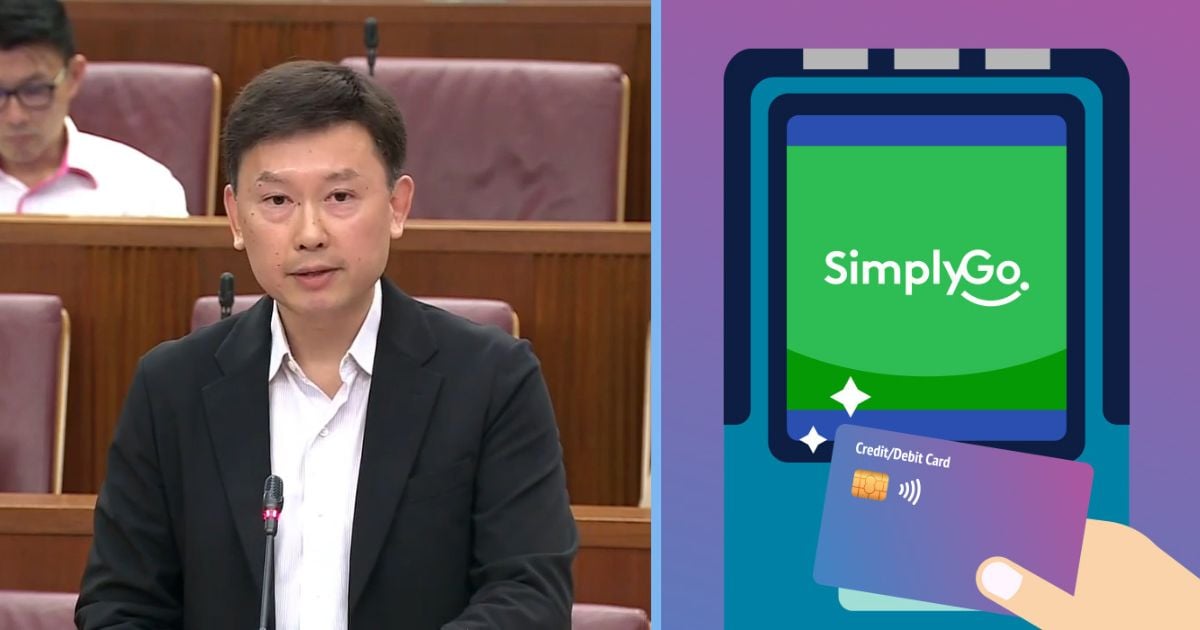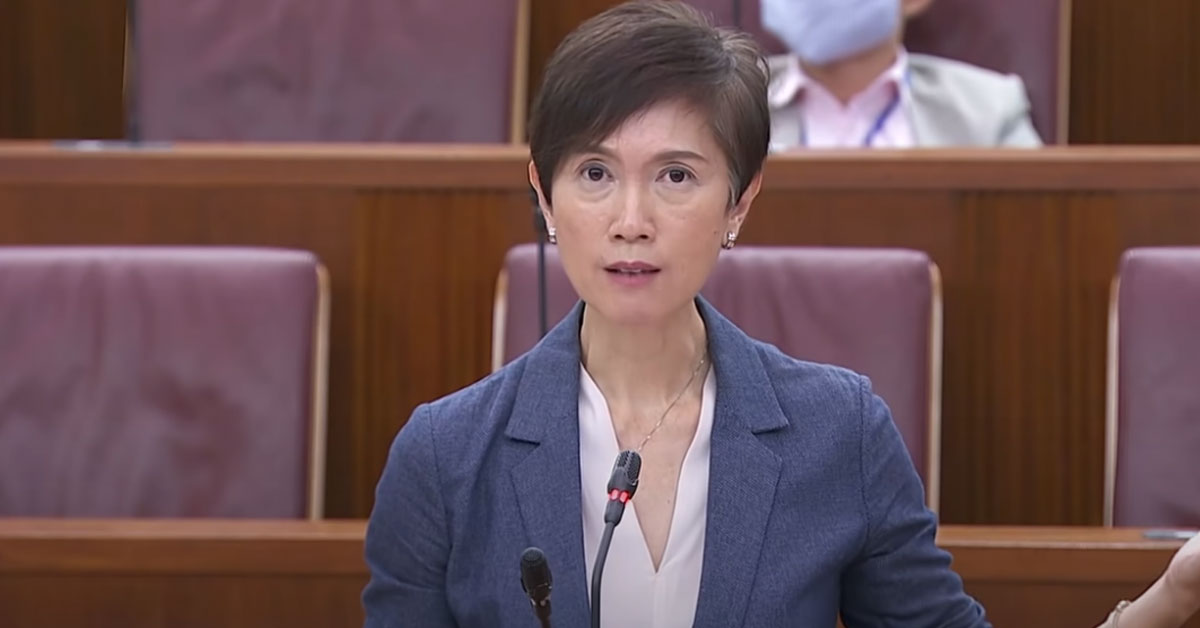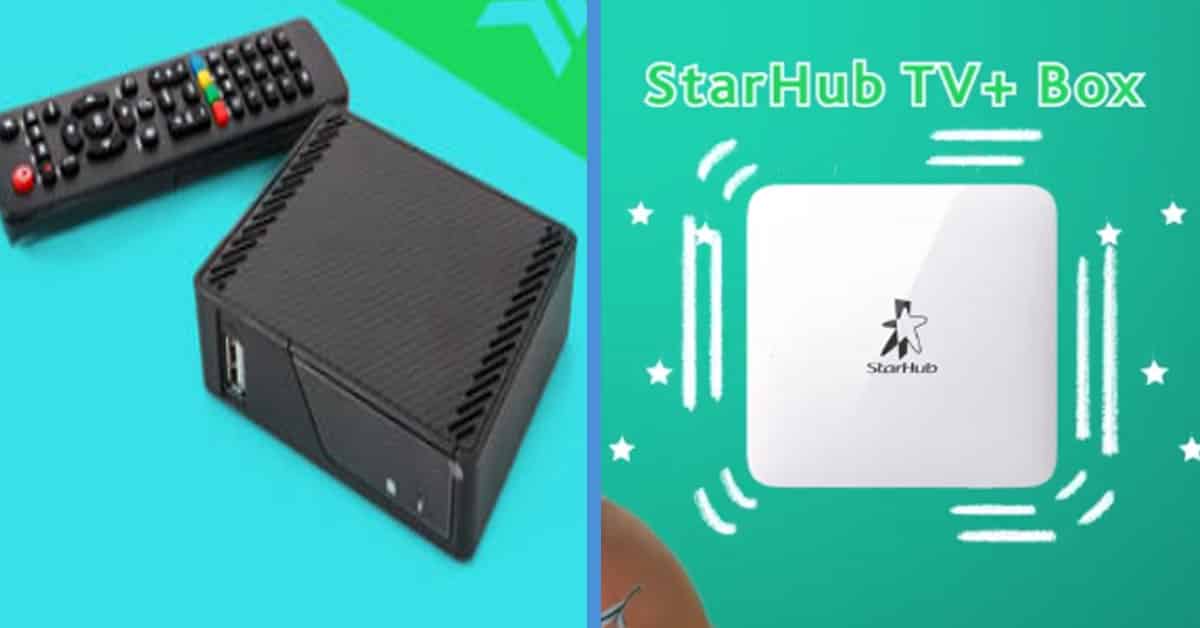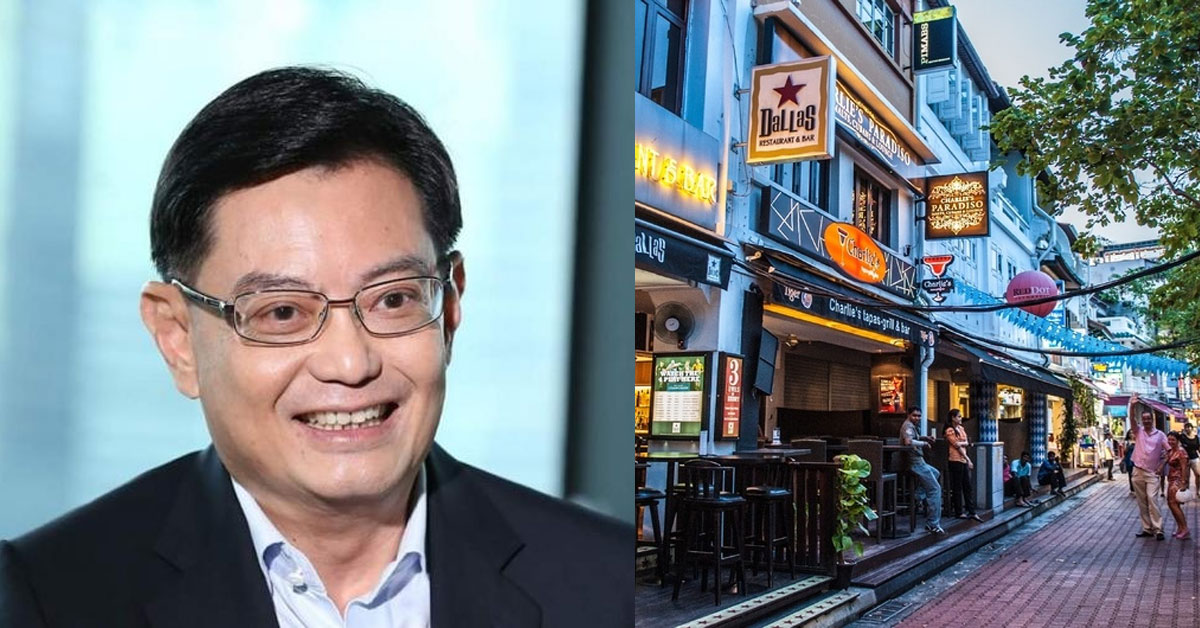Folks, we’ve got the latest episode of the SimplyGo drama, and it’s a juicy one.
With all the recent controversy surrounding the transition to the SimplyGo payment system, it is no surprise that an airing was held in Parliament this Monday, 5 February 2024.
For those still unaware, SimplyGo is a system that allows passengers to use payment modes such as credit cards and dedicated SimplyGo-compatible ez-link cards to pay for travel on public buses and the MRT.
On 9 January, the Land Transport Authority (LTA) announced that from 1 June 2024, commuters will no longer be able to use older EZ-Link cards that are not on SimplyGo or NETS FlashPay cards to pay for public transport fees.
Long story short, the LTA quickly backpedalled on their decision barely two weeks after its announcement, following numerous technical issues and backlash from passengers. As such, the older ez-link and Nets FlashPay cards can continue to be used.
One such negative feedback is being unable to view their fare transactions and card balance details immediately when they tap out at fare gates or bus card readers – something that is possible with older ez-link and Nets FlashPay cards, which operate on a card-based ticketing system that stores transaction data on the cards.
The authorities will spend an extra $40 million to allow adult commuters to continue using ez-link and Nets FlashPay cards until at least 2030.
During the Parliament meeting on 5 February, Transport Minister Chee Hong Tat was put on the figurative hot seat as more than 20 Members of Parliament (MPs) filed questions in a debate that ran for about 40 minutes.
Here is the drama that transpired:
SimplyGo’s Backstory
Transport Minister Chee Hong Tat said that before SimplyGo, commuters used stored value cards like EZ-Link and NETS FlashPay for public transport fares.
In 2016, LTA noticed a trend toward contactless bank cards and mobile wallets for retail payments. These couldn’t be supported by the existing card-based ticketing (CBT) system, so an account-based ticketing (ABT) system was developed.
A pilot in 2017 led to the launch of SimplyGo in 2019. By December 2023, 64% of adult commuters were using SimplyGo.
Mr Chee also touched upon the benefits of the SimplyGo system: It streamlines public transport payments by enabling the use of bank cards and mobile wallets without having passengers carry around an additional card.
Registered users can also swiftly block lost cards and protect their account balance. Additionally, they can conveniently top up cards for family members through the app, even without the physical card.
However, Mr Chee also acknowledges the shortcomings of the system: Passengers who do not have the SimplyGo app are unable to check their card balances, given that the information is not shown instantly when tapping out at the end of their journeys.
LTA said that because of the way the ABT system works, where transaction data is stored on back-end servers and not on the cards, such information cannot be shown at fare gates and bus card readers without causing delay to the flow of commuters.
With regards to this, the LTA admits not knowing of viable technical solutions, and public transport systems around the world using the ABT system such as London and Hong Kong are reportedly facing similar limitations.
Why Have the Change in the First Place?
As with any IT system, the CBT systems have a limited lifespan. With the adult commuter CBT system reaching its end-of-life in 2024, LTA faced the decision to either extend its operation or discontinue it once it reaches the end of its lifespan.
According to Mr Chee, extending the system until at least 2030 would require LTA to invest an estimated $40 million in purchasing new hardware and equipment, as well as in operating and maintaining the system over the coming years.
LTA aimed to avoid this cost by phasing out the CBT system for adult commuters.
Between 2020 and 2023, LTA engaged more than 1,000 commuters – including seniors, adults and students – to gauge their readiness to switch to SimplyGo.
They were given these account-based cards to try for a few months.
Mr Chee said LTA had underestimated the strong preference of some commuters to continue seeing their fare deductions and card balances immediately at fare gates and bus card readers.
There was also some feedback from seniors in particular being unfamiliar with navigating around the mobile application.
LTA incorporated user feedback to enhance the app experience, including push notifications for fare transactions and low card balances.
Additionally, ticketing machines at stations allow non-app users to check transactions and balances.
With two-thirds of adult commuters using SimplyGo by December 2023, LTA had announced the CBT system’s sunset by 1 June 2024, aiming to provide ample transition time.
As we all know by now, it was a decision that wasn’t looked upon favourably.
Reports of Falsely Charged and Overcharged Trips
During the Parliament session, the question of how many reports of overcharged trips from SimplyGo card users there were over the last three years was brought up by Dr Lim Wee Kiak of the People’s Action Party.
To which, Mr Chee admits that while these can occur with both CBT and ABT cards, the error rate is very low. When commuters encounter fare errors, they can surface their fare disputes to claim a refund.
As of February 2024, there are three separate systems handling public transport payments in Singapore. In addition to the account-based SimplyGo system, there are two card-based systems: one for adults and another for concession-card holders.
In response to the strong backlash to the announcement on 9 January, they had opted not to proceed with the planned sunset of the CBT system for adult commuters, respecting commuters’ preferences and ensuring those who prefer CBT EZ-Link or NETS FlashPay cards can continue using them for public transport payments.
Mr Chee disclosed that the estimated cost of $40 million to upkeep the CBT system will be borne by the Government and will not affect public transport fares.
There are also plans to make the SimplyGo account-based ticketing system work for motoring payments and retail down the road, on top of its current uses for public transport, said Mr Chee.
“Over time, we do want to work towards having the SimplyGo card being able to be used for retail, public transport and also for motoring,” Mr Chee told Parliament on 5 February.
This move will equalize SimplyGo stored-value cards with older ez-link cards, usable across public transport, motoring, and retail sectors.
In the meantime, the LTA will continue to find ways to integrate the two CBT systems over time without affecting commuters, and to reduce overall costs where possible.
They will also find ways to display fare deductions and card balances at the fare gates and bus card readers without slowing down the flow of commuters, working with other government agencies and industry experts to explore possible solutions.
Currently, there are no plans in place to decide on extending the CBT systems beyond 2030.
Factors for future decisions will include overcoming technical limitations of the ABT system and commuter preferences.
Mr Chee concludes, “Of course, if we are able to find a good solution before that, we can always make a decision whether to integrate (them) earlier.”
Mr Chee also stated that continuous efforts will be made to understand the diverse needs of different commuter groups when assessing costs and benefits.
Going forward, the Ministry of Transport (MOT) and LTA will continue to spend public funds prudently. In areas where money can be saved, they will do their best to reduce costs as much as possible.
“But where it is necessary to spend, we will do so,” assures Mr Chee.



